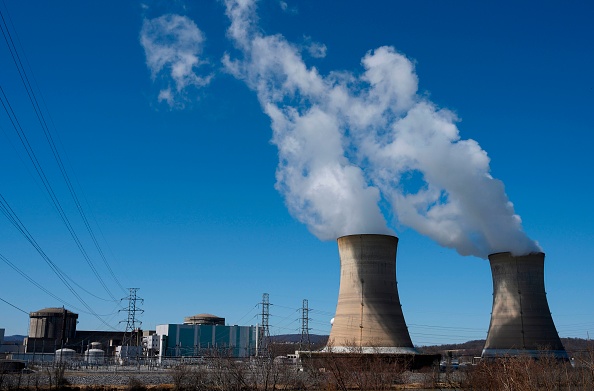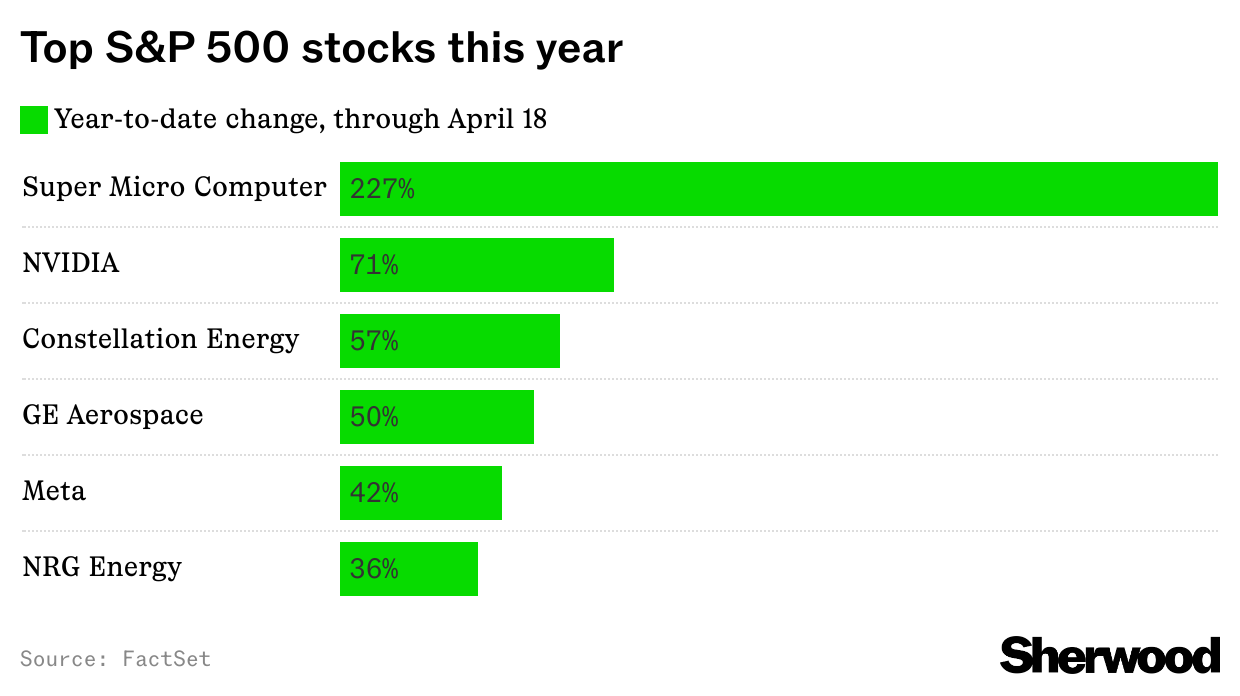Friday Jul.30, 2021
🌮 Amazon earnings and DoorDash chefs
_DoorDash senses a presence [Ralf Nau/The Image Bank via GettyImages]_
Hey Snackers,
Because people aren't obsessed with their cats enough, a new app tells you how your feline is feeling. Just snap a pic of your kitty's face to find out if it's a verified sourpuss.
Stocks ticked up, despite new stats suggesting that econ recovery is starting to slow. The US economy grew a slower-than-expected 6.5% last quarter.
Ghosted
DoorDash's "ghost kitchen" could help restaurants solve one of their biggest challenges
Your ghost burrito has arrived... DoorDash's core biz model is straightforward: the gig app connects you to drivers, who pick up your order from restaurants. Now, America's top food deliverer is putting on its apron: DoorDash opened its second "ghost kitchen" — aka: a delivery-only restaurant. Unlike DoorDash's first ghost kitchen, where it only rents space to restaurants:
- DoorDash is getting its hands dirty with this one. It's doing most of the work for restaurants, from cooking to logistics and hiring (see: DoorDash line cook).
- The new kitchen in San Jose houses six restaurants who have licensed their brands to DoorDash, including Milk Bar and LA's classic Canter's Deli. DD is teaching its "culinary team" how to replicate their signature treats.
Flipping burgers... and business models. Instead of taking a cut of restaurant sales, DoorDash is giving restaurants a cut of its kitchen sales. Like Uber Eats, DoorDash has never made a profit. But this kitchen model could help it keep a larger slice of restaurant sales, and potentially boost its profit margins. If its cooking experiment is successful, DoorDash could keep its kitchen past November.
- Spooky stat: Pre-pandemic, ghost kitchens were expected to make up 10% to 15% of the US restaurant industry by 2025. Now, they're expected to make up 21%.
Restaurants could become more scalable... thanks to "kitchen-as-a-service" options. Opening new restaurants is expensive, time-consuming, and risky. Restaurant owners never know if their second location could be a hit in L.A. — or if it’ll have a "For Lease" sign in two months. Ghost kitchens remove the brick-and-mortar and hiring costs, giving restaurant owners more flexibility to test new markets.
Amazon dropped its third $100B+ quarter — but the stock fell on rough corona comparisons
Bezos-ian proportions... Minus the Bezos. Amazon just released its first earnings without Jeff Bezos at the helm. After handing over his empire to new CEO Andy Jassy, Bezos went to space — and Amazon kept being Amazon. The 'Zon just reported its third quarter in a row of $100B+ in sales. Jassy's inheriting a well-oiled money-making machine.
Your quarterly Primer... If there's one thing we've learned from this quarter's Big Tech earnings: online pandemic habits have stuck. In some cases, our scrolly-tappy ways have even ramped up. Amazon's quarterly revenue jumped 27% from last year to $113B — better than its mid-pandemic revenue. A few Prime highlights:
- Global Prime-ification: Prime is now available in 22 countries, and members shopped more this Prime Day than ever before (250M items sold).
- Gadgets FTW: Amazon's Fire TV Stick 4K with Alexa Voice Remote was the most-purchased product.
- Back-to-school splurge: Prime members bought 1M+ laptops, 600K backpacks, 220K Crayola products, and 40K calculators.
Corona comparisons are rough... Despite the ginormous $113B quarter, Amazon still missed sales expectations — and the stock plunged 7%. The 'Zon also predicted that sales growth will continue slowing in the current quarter. CFO Brian Olsavsky blames tough year-over-year comparisons: in the same quarter last year, Amazon doubled its profit as nearly every biz line benefited from the corona-conomy — from ecomm, to cloud computing, to Prime Video. When you're comparing to that, it's tough to keep growth accelerating.
Again
As big sponsors shrug off these bummer Olympics, small sponsors are feeling the hit
The Olympics of "meh"... The Olympics opening ceremony had the worst viewership in 33 years, but the sponsor bucks rolled in regardless. The International Olympic Committee (IOC) raked in a record $2B+ in global sponsorships for the Tokyo Games. Meanwhile, Japanese organizers secured $3.3B+ from 60+ local sponsors — more than 3X any previous Games. But since Tokyo banned IRL fans in stadiums, sponsors are taking a hit:
- Bad timing: 80% of Japanese citizens didn't even want these pandemic Games to happen. To avoid bad press, Toyota pulled local ads while Asics scratched its ceremony.
- Switching gears can be pricey: Most sponsors redid ad campaigns to make them pandemic-appropriate.
Not-so-blue for blue-chips... Local sponsors had one shot at Olympic marketing glory. Big global sponsors have several. The IOC requires its 15 official partners to commit to multiple Games. In return, they get global ad campaigns and other perks. Wild stat: Coke, Google, P&G, Toyota, and Samsung account for 93% of all Olympic ad spend.
Sometimes, smaller means bigger risks... All sponsors are cramped by Tokyo’s record-low viewership, but local sponsors are hurting the most. Japanese beer legend Asahi paid $135M to serve its brew to stadium fans – now it won’t pour a single lager. Small sponsors may think twice about spending on the 2022 Winter Games slotted for Beijing, which already face boycott calls around China’s human rights record.
What else we’re Snackin’
- VaxCash: President Biden asked states to offer $100 payments to people who get the Covid shot, as the Delta variant continues to spread.
- Trucked: Nikola shares plunged 15% after founder Trevor Milton was indicted for allegedly lying to investors about the e-truck company's progress.
- Swipe: Mastercard swiped up an expectation-smashing $4.5B in revenue thanks to revenge spending on restaurants, clothes, and travel in the US and abroad.
- Mayoshi: Uber shares slipped 4% on reports that mega-investor SoftBank is selling a large chunk of its stake in the ride-hailer.
- Jump: Puma's North America sales nearly tripled last quarter thanks to booming interest in activewear and "comfort" clothes. Functional = still fashionable.
Friday
- Consumer spending numbers drop
- Earnings expected from P&G, Exxon, Chevron, and Caterpillar
Authors of this Snacks own shares of: Amazon, Google, Disney, and Uber
ID: 1742757
.png)

